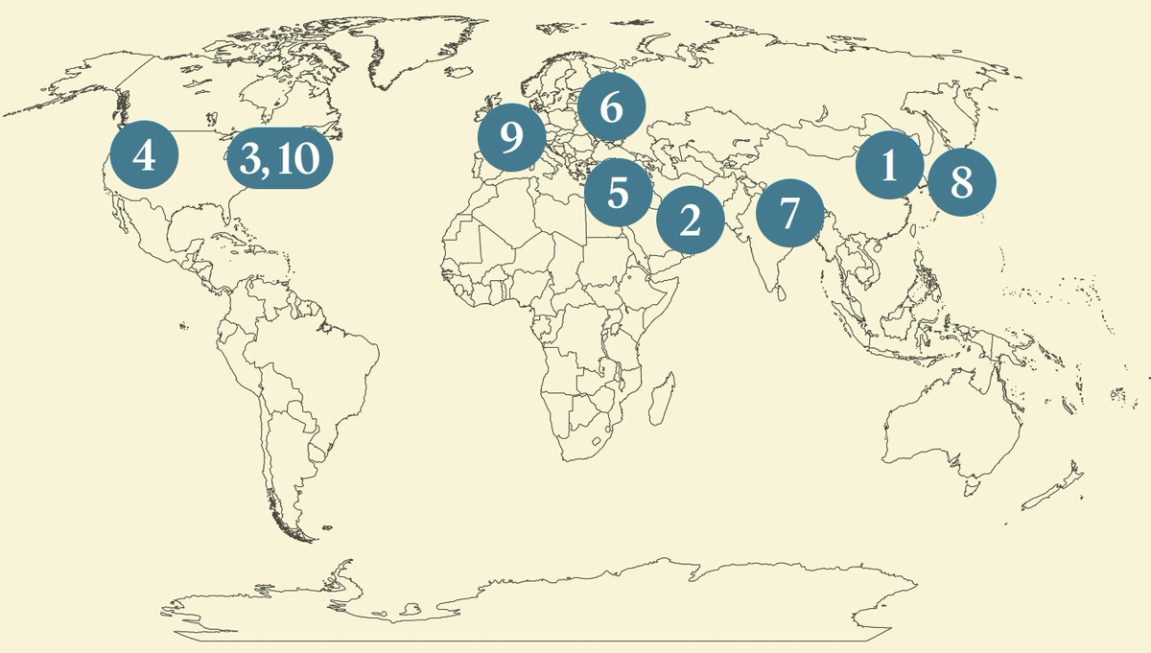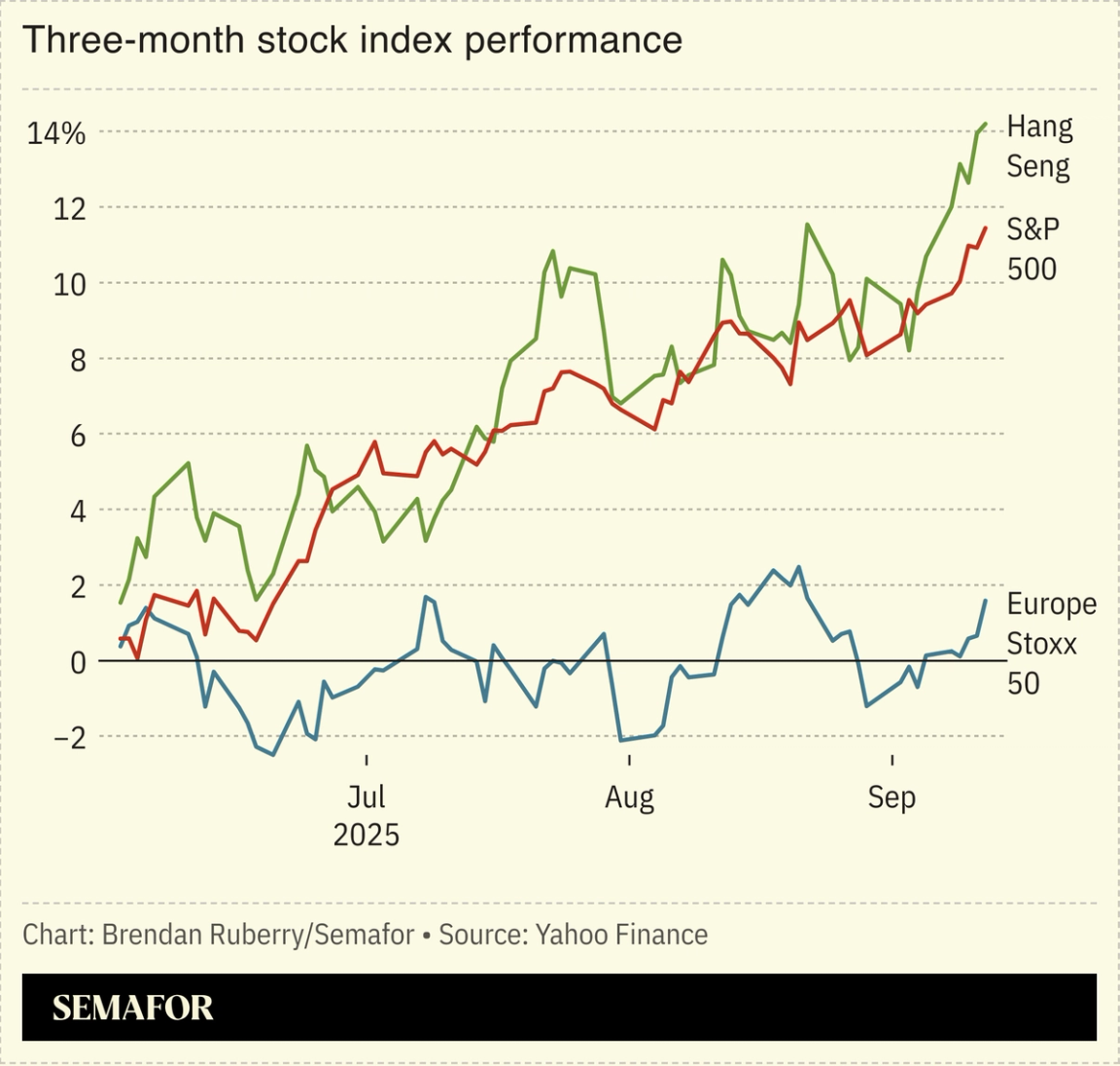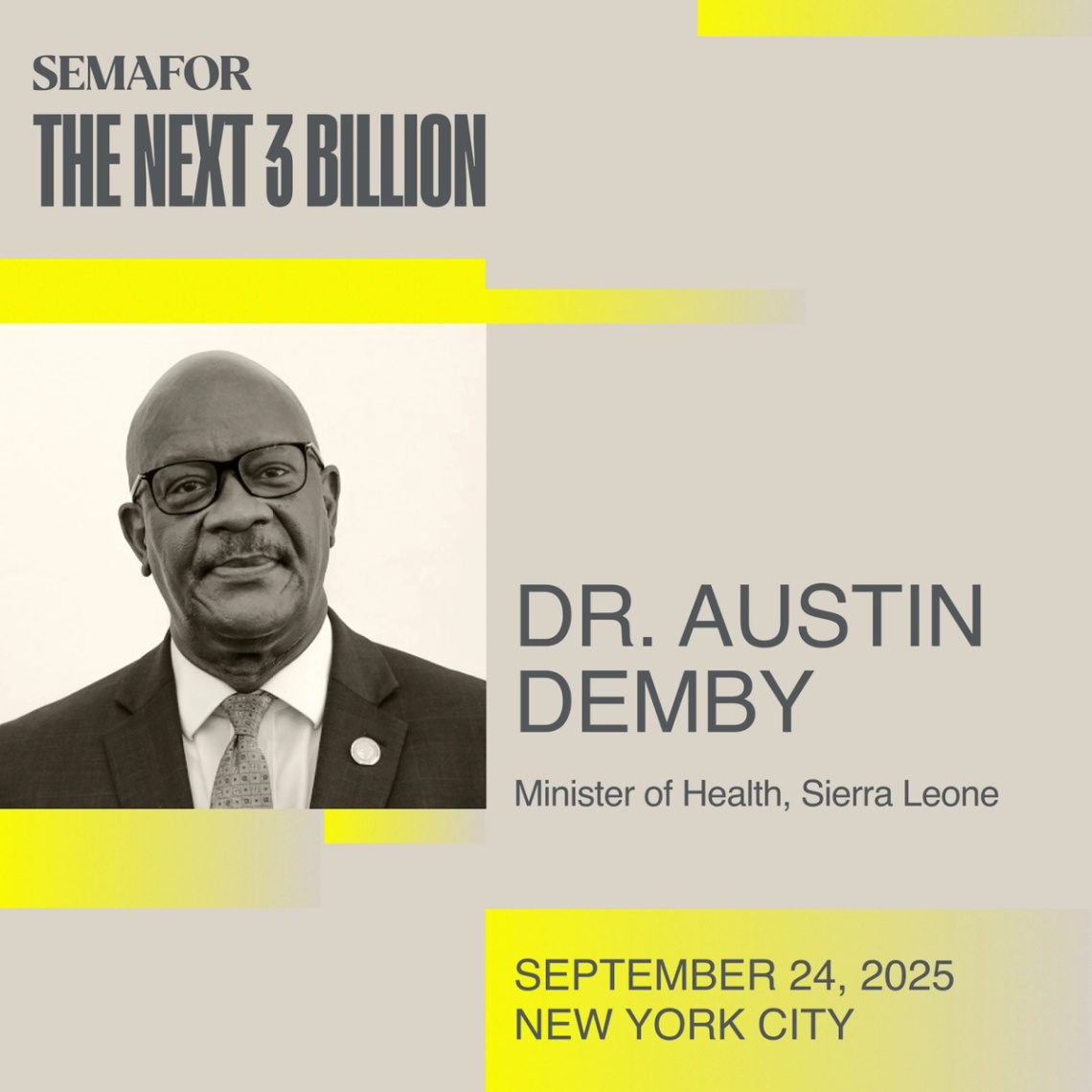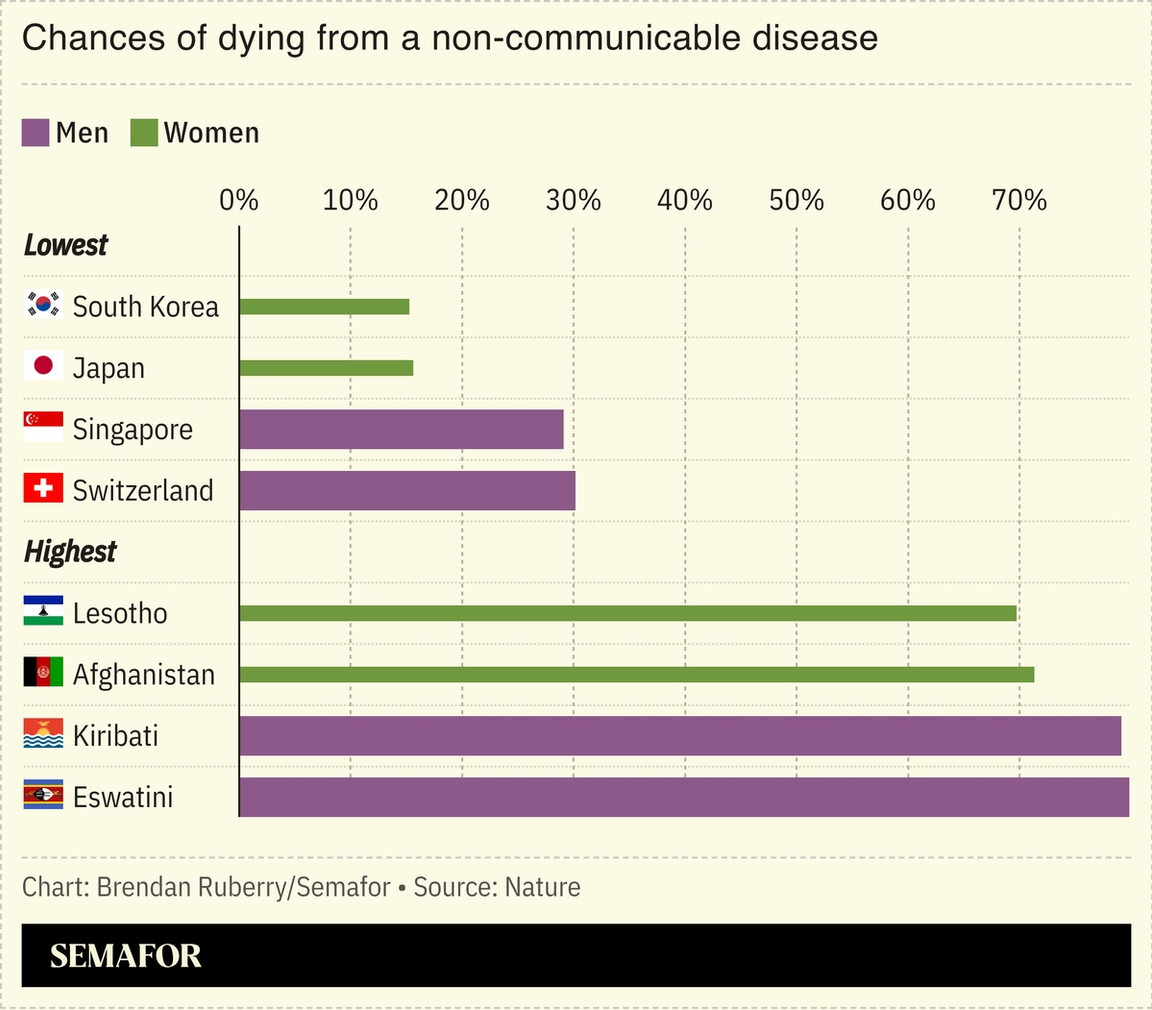| | The US and China reach a framework deal on TikTok, the death rate for chronic diseases falls, and th͏ ͏ ͏ ͏ ͏ ͏ |
| |  | Flagship |  |
| |
|
The World Today |  - US-China TikTok deal close
- Scrutiny over US-UAE pacts
- Wall Street runs hot
- Kirk shooting alters security
- Republican rifts over Israel
- Russia-Belarus war games
- Global democracy crisis
- Cancer death rates drop
- Toxic fumes on planes
- Art market vibe-cession
 A new Picasso exhibit in London excites — and infuriates — art critics. |
|
US, China close to TikTok deal |
 Violeta Santos Moura/Reuters Violeta Santos Moura/ReutersThe US and China reached a “framework” agreement to keep TikTok online in the US, officials said Monday following trade talks in Madrid. Such a deal would cap years of Washington’s pressure on Beijing to allow the sale of TikTok’s US business to an American buyer. That group is widely expected to be led by Oracle’s Larry Ellison, CNN wrote. US President Donald Trump is set to speak with Chinese leader Xi Jinping on Friday to approve the deal, which is seen as central to a broader easing of tensions between the superpowers. Trump has already thrice extended the deadline for an agreement, and the White House set up a TikTok account last month despite previous national security concerns. |
|
UAE chips, crypto deals raise questions |
 Brian Snyder/Reuters Brian Snyder/ReutersTwo massive deals involving the US, the UAE, and the Trump family’s cryptocurrency business were more intertwined than previously known, raising ethics questions, The New York Times reported. In May, a firm controlled by an Emirati royal invested $2 billion into the Trumps’ crypto start-up, co-founded by Trump’s Middle East envoy, Steve Witkoff, who also reportedly advocated for the US government to give the UAE access to cutting-edge AI chips, despite concerns they could make their way to China. There’s no evidence of an explicit quid pro quo, but the “confluence of the two agreements… blurred the lines between personal and government business,” the Times wrote. The White House has denied connections between the two deals.
|
|
 US stocks shot to record highs Monday as investors bet that an interest rate trim this week and tax cuts will provide a fresh economic boost. The so-called “run it hot” trade is booming despite warning signs in the US labor market and gloomy narratives of an economic slowdown. Some experts are skeptical: The Federal Reserve’s widely expected decision to cut rates on Wednesday “convinces people that the Fed is scared of a recession — so they become scared of a recession,” one analyst said. The stock market is also reliant on “an increasingly narrow slice of the economy” as fewer big-name companies go public, masking deeper structural risks, a business law professor argued in The New York Times. |
|
Kirk shooting alters political security |
 Cheney Orr/Reuters Cheney Orr/ReutersThe assassination of conservative American activist Charlie Kirk could forever change the security landscape of large-scale US political events, experts said. Shortly after the shooting, several prominent politicians canceled public events, and the White House is reportedly asking lawmakers to approve an additional $58 million to protect government officials. Security analysts said open-air venues are now seen as risky, and additional drone surveillance is likely to become more common. Prominent political influencers are also weighing ramping up security, with Kirk’s slaying showing they are not immune from rising political violence, The New York Times wrote. “It will change the way people interact with audiences,” conservative media firebrand Steve Bannon said. |
|
Gaza war opens new fault lines |
 Adam Gray/Reuters Adam Gray/ReutersThe Israel-Palestine conflict has defied traditional ideologies, creating fresh divisions within both the American right and left, analysts said. Many issues can neatly be parsed along political lines, but the nearly two-year war has opened new fault lines, the Financial Times’ Gideon Rachman wrote, especially between the staunchly pro-Israel wing of American conservatism and far-right, isolationist figures who are skeptical of Israel. The death of Republican activist Charlie Kirk has crystallized that division: Kirk was “trying to hold his party together” on the Israel question, Semafor’s Ben Smith wrote, and now the right is split over his legacy. “His No. 1 concern was that this was ripping the MAGA movement apart,” a rabbi and adviser to Kirk said. |
|
Russia, Belarus war games stir EU unease |
 Ramil Sitdikov/Reuters Ramil Sitdikov/ReutersWar games involving Russian and Belarusian troops on Monday spurred unease in Europe, which is already on edge after Russian drones entered Poland and Romania last week. The games, which marked Moscow and Minsk’s first such joint exercises since 2021 — shortly before Russia used Belarus as a launchpad for its invasion of Ukraine — served as a message to Europe, the BBC’s Russia editor wrote: “See and consider the firepower on your doorstep; confrontation with Moscow is not in your best interest.” Despite the tensions, two US military observers attended the exercises in Belarus, the latest sign that Washington is looking to improve ties with the Russian ally. |
|
Global political crises share commonalities |
 Bikram Rai/Reuters Bikram Rai/ReutersGlobal democracy is facing a crisis, a leading Indian thinker argued. Pratap Bhanu Mehta wrote in The Indian Express that there are commonalities between the “Gen Z” uprising in Nepal, France’s political stagnation, and the rise of political violence in the US: Young people feel robbed of their future, and growing inequality and polarization make it difficult to build coalitions that can impose effective economic solutions. Similar disenchantment could be seen in the 1930s and 1970s, leading to upheaval. But while protests and violence represent anger and anxiety about the future, they do not provide solutions, and in the end “there is no alternative to democracy; it must be reinvigorated.” |
|
 Sierra Leone Minister of Health Dr. Austin Demby will join the stage at The Next 3 Billion — the premier US summit focused on closing the global digital divide. Semafor editors will sit down with global executives and thought leaders to highlight the economic, social, and global impact of bringing the next 3 billion people online. |
|
Chronic disease death rate falls |
 The rate of death from non-communicable diseases such as cancer, heart disease, or diabetes fell in most countries between 2010 and 2019. NCDs became the world’s leading cause of death after improvements in sanitation, antibiotics, and vaccines drove down the risk of infectious diseases in the 20th century, especially in the developed world. Progress slowed in the 2010s compared to the previous decade, but around 150 countries still saw reduced NCD mortality rates. Some of the slowing in progress is likely due to reduced public health funding or poor targeting, researchers told Nature, although another large part is that populations are aging and many NCDs, notably dementia and cancers, are diseases of aging. |
|
Toxic air sickens airline staff |
 Benoit Tessier/Reuters Benoit Tessier/ReutersAirline staff are increasingly becoming sickened by toxic cabin air, The Wall Street Journal found. The vast majority of planes draw breathing air through the engines, from where toxic fumes — variously described as smelling of “wet dog,” “Cheetos” and “nail polish” — can leak into the cockpit or cabin. The ensuing health effects are usually mild, but in severe cases resemble a form of brain injury akin to a “chemical concussion.” Authorities estimate about 300 such fume events annually in the US, but they are becoming more common, tied to the world’s bestselling aircraft, the Airbus A320. Fumes aside, flying remains “the safest form of travel in the world,” a Delta spokesman told the Journal. |
|
|